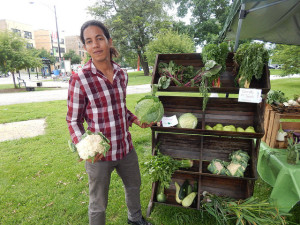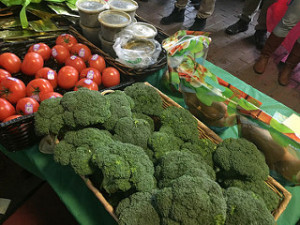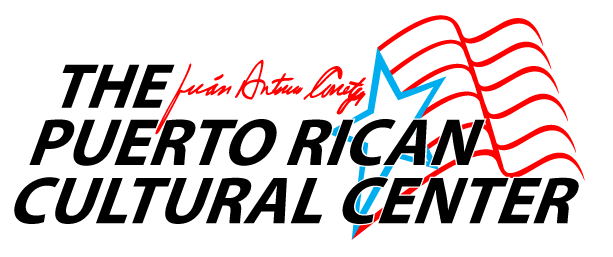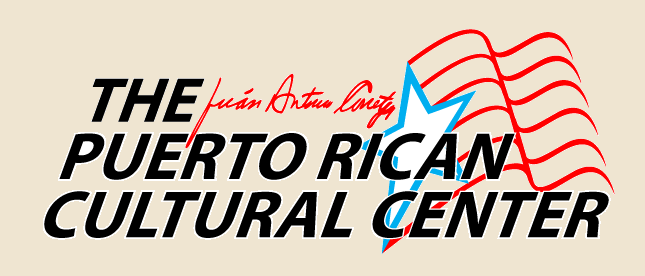An effort of the Puerto Rican Cultural Center and the Dr. Pedro Albizu Campos High School, the Urban Agriculture Program is a comprehensive, multifaceted community-wide initiative. UAP will develop community self-sufficiency in the production of key aspects of the community’s nutritional reserve. The initiative encompasses the germination, cultivation, production, marketing and distribution of locally grown, nutritious food that is free of herbicides, pesticides and other chemical components.
The Urban Agriculture
We want to fight against the “food desert” that is Humboldt Park and help create a green oasis in our community. Turning Humboldt Park into a green oasis, a “free-zone food desert”, will empower residents and help elevate real estate value, becoming a selling point that will motivate people to invest in our neighborhood, and serve as an inspiration to other communities in Chicago. We are determined to get most of Paseo Boricua growing green, being relentless in creating community gardens in social housing complexes, schools, roof-tops, green-houses and yards.
Message from Christian Roldan, Coordinator
“Through our Urban Agriculture Program, we aim to create a culturally driven and focused sustainable economic initiative in our community; to address the fresh produce desert in our area; to promote healthy eating practices by providing affordable fresh produce; to encourage the consumption of locally grown, chemical free produce; to understand the importance of critical space by seeing the community as an ecosystem where all things are constantly intersecting.”
The Urban Agriculture Initiative was implemented to fight the food desert that is Humboldt Park, as well as an attempt to decrease obesity in the area and increase the general health of the community. The program includes the Conuco Farmer’s Market, the Pedro Albizu Campos High School Greenhouse, and Edible Gardens.
- Conuco Farmer’s Market: Every Saturday during the summer and fall months, local vendors set up tables on an empty lot at a central location on Paseo Boricua. Other vendors from the community sell non-produce items such as handcrafts and jewelry. The Farmer’s Market is not only an opportunity for members of the community to buy fresh produce; it is an opportunity to take ownership of their neighborhood.
- The Pedro Albizu Campos High School Greenhouse: Pedro Albizu Campos High School students work along with a gardener in the rooftop greenhouse planting and caring for vegetables and herbs all year long. The goal is to create an orchard of fruit trees in the gardens, which will include apples, peaches, and pears. With the increase of cultivation, the farmers market will be expanded, with invitations for more vendors, while making the produce affordable through accepting state food subsidies as payment. Helping to increase student impact in the community, the gardener wants to establish entrepreneurship by selling the produce directly to restaurants in Humboldt Park.

CO-OP HUMBOLDT PARK
CO-OP HP is a community intervention program created to prevent and reduce the levels of obesity in East Humboldt Park. Organized and directed by the Puerto Rican Cultural Center, CO-OP HP is partnered with the Sinai Urban Health Institute (SUHI), the Consortium to Lower Obesity in Chicago Children (CLOCC) and other community organizations. Since its establishment in 2004, CO-OP HP has grown exponentially both in numbers and influence on the community. In hopes of gaining more information about the obesity epidemic in HP, a community survey, The Community Survey in Humboldt Park: Preventing Obesity and Improving Health, was developed and distributed in the summer of 2005. The findings clearly show that community intervention was needed to improve the general health of the community. The Farmer’s Market, the Urban Agriculture Initiative, Muévete (now part of The Diabetes Empowerment Center), and the ProduceMobile are programs organized by COOP HP.






